A culinary swing through Israel. Skiing in the southern Hemisphere. Hiking in Sardinia. This may sound like fluff when people are struggling to put food on the table. But, traveling isn’t just my passion, it’s my profession. I spent decades honing my craft for the privilege of writing for outlets like NYT, WSJ, Wash Po, Vogue. And, thanks to Covid, I’m grounded.
When the virus brought the world to a screeching halt, an entire ecosystem of publicists, hoteliers, tour operators, tourism boards and all of the entities that support the industry collapsed. They, along with countless small businesses and workers struggled to restructure business models, fill out unemployment paperwork and deal with the terrifying reality that states would be left to stem the virus’ tide on their own.
My career imploded too. What does a travel writer do when a deadly virus descends upon the world? The publications that I write for put a freeze on destination coverage. It felt dangerous to encourage the public to fly, drive or stay in hotels when even the scientific community was not certain if COVID could be transmitted through ventilation or surfaces. Armchair travel? Hard hitting news stories about the infection throughout the far corners of the world? Not for me. I write about experiences, losing myself in foreign cultures. I found some joy in food and wine writing. But, as the weeks wore on, I felt dread coupled with an overwhelming sense of loss. The world had been my oyster. Now, I felt like a fish out of water, abandoned on a city sidewalk to decay in the sun.
In June, restrictions began to lift. My inbox flooded with pronouncements from airlines, publicists and professional associations ensuring next level safety precautions. No middle seats! Hospital grade Hepa filters! Improved sanitation! Though new onboard regulations are a step in the right direction, they don’t prevent your two- inches- away neighbor’s microdroplets from entering your sphere. Particularly if that neighbor or his neighbor or the person 2 feet behind you refuses to wear a mask. WHO finally acknowledged that Covid-19 can live on surfaces and be easily passed from person to person in crowded and inadequately ventilated indoor spaces. Translation? A cough, sneeze, guffaw or even the zealous chomping of gum from a non mask wearer becomes the stuff of a super spread.
With so many captured-on-video moments informing our imaginations, aggressive virus deniers berating employees at Trader Joe’s and Costco, an in-flight interaction with one of these civil rights vigilantes is easy to conjure. He/She would board the flight, appropriately masked, plop down next to me, and, the moment the flight takes off, remove the face covering (in my nightmare, he will also begin eating McDonald’s). When I respectfully ask the person to cover his pie hole, I would be on the receiving end of an expletive-laced rant about the erosion of democracy. Then, trapped for hours exposing myself to God knows what. Freedom? I think not. His recklessness could spell a death sentence to me and every other passenger on that flight.
Back in May, my barometer of safety hinged on one pivotal action: a federal mandate enforcing indoor mask-wearing. At that time, I thought that if mask wearing were elevated from suggestion to essential health measure (with stiff penalties for disobedience), face coverings would lose their standing as a divisive political symbol. Wishful thinking, that was. Now, in the face of a rebooted misinformation campaign, the White House’s efforts to discredit Dr. Fauci and the recent federally sanctioned violence imposed upon peaceful anti-racist protests, it’s painfully obvious that subduing conspiracy theorists and their supporters will require much more than an executive order. Trump and his regime need to be replaced with an administration that prioritizes science and values public health.
Now, it’s September. And, I won’t even take a domestic flight. Unbelievably, there are still flights from hot spots spreading the virus throughout the country. American airports lack even basic temperature checks and airlines don’t have the authority to force passengers to keep their masks on in flight. Though many hotels have implemented next level disinfection protocols such as ultraviolet deep cleaning technology (broad spectrum UV-C, UV-B, and UV-A light have proven efficient at killing germs), the airline industry has not invested in what seems like an essential safety measure.
Though I dream of waking up in an unfamiliar place (at this point, I’d be delighted with the San Juan Islands, even Utah), the exposure and anxiety that come with worrying about exposure both in flight and the activities surrounding travel (TSA lines, Uber drivers, hotels) are not worth the risk. Road trips? Not the transport de choix for people with chronic back trouble. I took one at the beginning of the summer and was writhing in pain by the second day. Also unpleasant was encountering legions of unmasked people at rest stops along the way.
So, until a vaccine materializes or this virus miraculously tapers off, I’ll need to enjoy globe-trotting from afar through books and films. Will the post pandemic world even have an appetite for travel reporting? Who knows. It may be time to pivot to another beat.


0 Comments